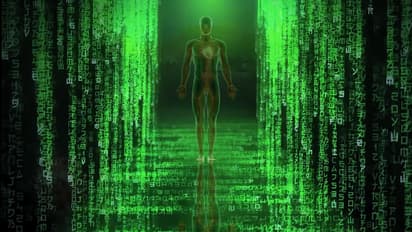Is universe the ultimate computer? Scientist argues we’re just living in simulation
Published : Apr 29, 2025, 05:20 PM IST
For more than 25 years, The Matrix has gripped audiences with the unnerving possibility that our reality may be nothing more than a grand illusion. Now, a physicist claims that idea may not be pure science fiction after all.
Find the latest Technology News covering Smartphone Updates, AI (Artificial Intelligence) breakthroughs, and innovations in space exploration. Stay updated on gadgets, apps, and digital trends with expert reviews, product comparisons, and tech insights. Download the Asianet News Official App from the Android Play Store and iPhone App Store for everything shaping the future of technology.
Read more Photos on
